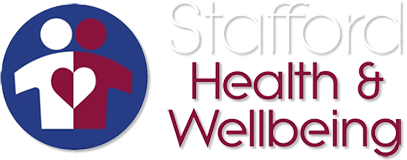From the 23rd June 2025, following approval by NICE, tirzepatide (Mounjaro®) will be available in the NHS for eligible patients who meet the strict, nationally-set, criteria. The current criteria is … [continue] Weight Management Medication – Mounjaro
Category: Uncategorized
Support from Alzheimer’s Society in the GP practice
Patient Feedback May 2025
Thank you for taking the time to share your feedback.
Revalidation of Ultrasound Waiting List at Royal Stoke University Hospital
Royal Stoke University Hospital are undertaking a revalidation of the ultrasound Waiting List. They have undertaken a review of their ‘Authorisation criteria’ for primary care ultrasound referrals. This has shown … [continue] Revalidation of Ultrasound Waiting List at Royal Stoke University Hospital
Weight-management services update – Mounjaro
We are receiving a significant number of enquiries about the availability of the Mounjaro weight-loss drug which has been approved by NHS England for eligible patients. NHS England has set … [continue] Weight-management services update – Mounjaro
Ascend Sexual Assault and Abuse Recovery Service
If you are struggling as a result of sexual trauma, please know that there is support available. You are not alone! You can contact Ascend by phone or email: 📞 … [continue] Ascend Sexual Assault and Abuse Recovery Service
Bank Holiday Closures
April is Bowel Cancer Awareness Month…#PassItOn!
Bowel Cancer Awareness Month | Bowel Cancer UK
Walk-in Covid-19 Vaccination Clinics in Staffordshire and Stoke-on-Trent
Walk in vaccinations in Staffordshire and Stoke-on-Trent are listed on this page. For information about Covid-19 please visit COVID-19 advice and services – NHS (www.nhs.uk) Site Date & Time 2025 Who can … [continue] Walk-in Covid-19 Vaccination Clinics in Staffordshire and Stoke-on-Trent
#BowelCancerAwarenessMonth
This #BowelCancerAwarenessMonth, we’re supporting Bowel Cancer UK’s #PassItOn campaign by sharing the symptoms. The earlier bowel cancer is spotted, the more treatable it’s likely to be. … [continue] #BowelCancerAwarenessMonth
Mental Health Capacity Assessment
GPs are often asked to make Mental Capacity Assessments (COP3) for patients. These assessments can be requested for a variety of different reasons. As GPs it is an essential part … [continue] Mental Health Capacity Assessment
Community, Health & Wellbeing Event March 2025
Our very first Stafford Wellbeing Community Event will be held at Stafford County Showground, ST18 0BD on Thursday 27th March between 10.00pm – 4.00pm. What you can expect on the … [continue] Community, Health & Wellbeing Event March 2025
Long Term Condition Reviews
Long term conditions (LTCs) are those that impact individuals over a long period of time, such as diabetes, high blood pressure or heart disease. It is recommended that patients living with … [continue] Long Term Condition Reviews
Endometriosis Action Month 2025
Endometriosis impacts 1 in 10 women and those assigned female at birth in the UK, yet so many are still unaware of the condition and its impact. For Endometriosis Action … [continue] Endometriosis Action Month 2025
The Cancer Bus Tour
Need help using the NHS App or your NHS account?
Staffordshire Women’s Aid Helpline
Staffordshire Women’s Aid
Support Staffordshire – Social Prescribing
Christmas & New Year Closures
Think Pharmacy First
Pharmacists can offer advice on a range of illnesses, such as coughs, colds, sore throats, ear infections and aches and pains. They can also give advice about medicines. This includes … [continue] Think Pharmacy First

